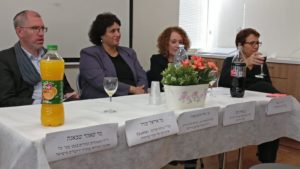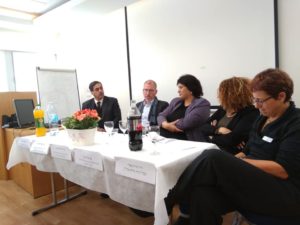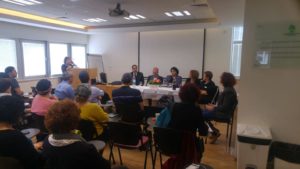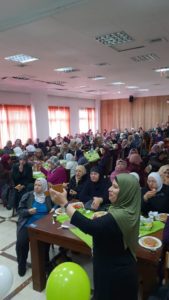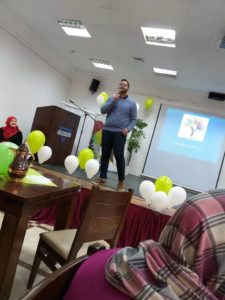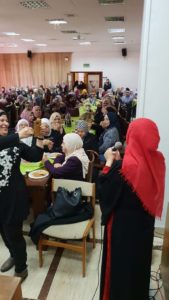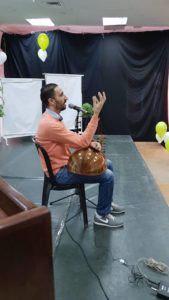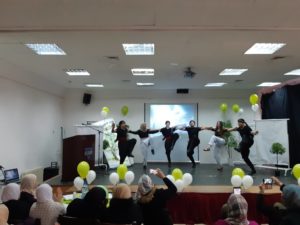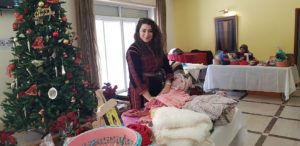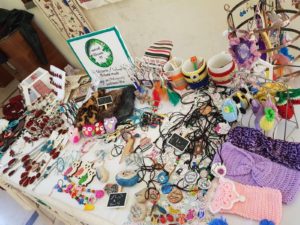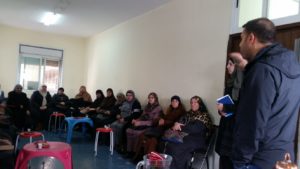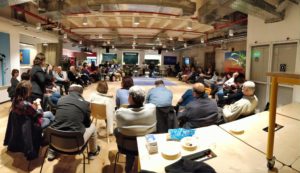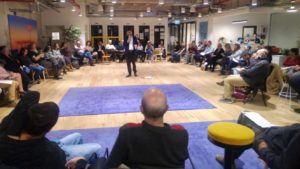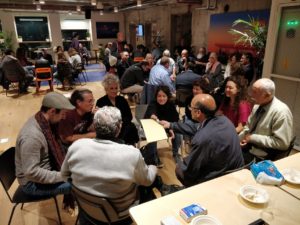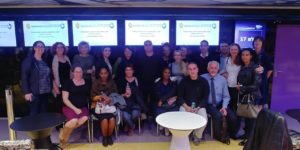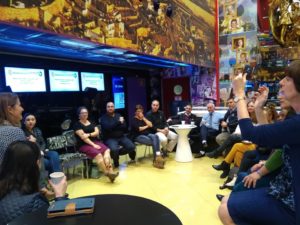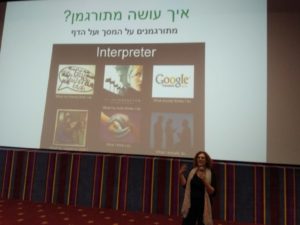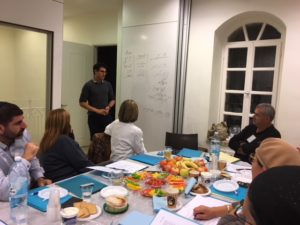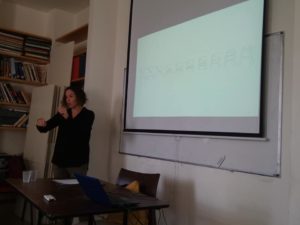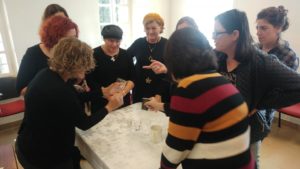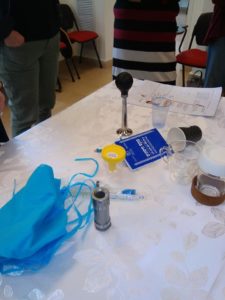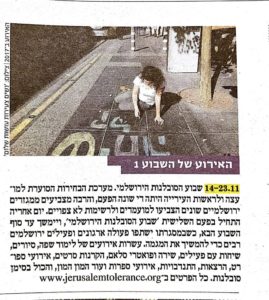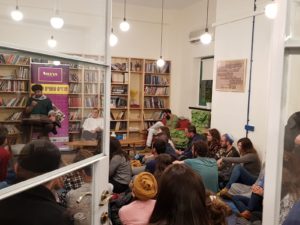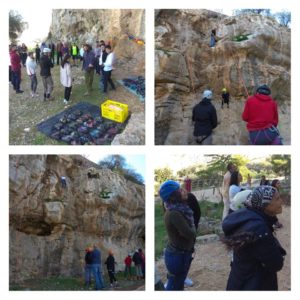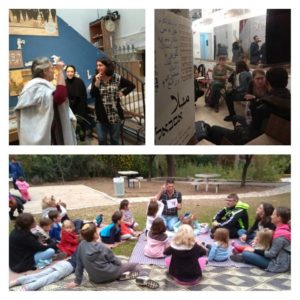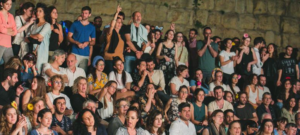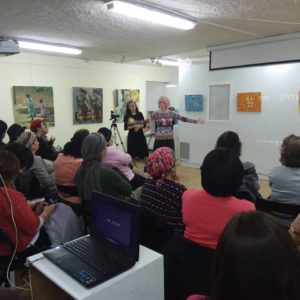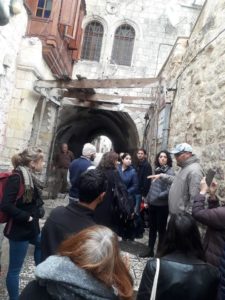Celebrating a Decade of Cultural Competency and Looking to the Future
Over the past year we, together with the Alyn Rehabilitative Hospital, the Jerusalem Foundation, and numerous partners in the field, have been celebrating a decade of cultural competency. (You can read about this here, here, here and here.)
On Monday, December 17, 2018 we held the final event – a panel entitled, “Where do we go from here?”
Panelists included: Nawal Aliyan – Nubader, from the Novader organization, Shaher Shabane, Chair of the Parents Forum for Children with Special Needs in East Jerusalem, Ariel Kandel, from the Qualita Organization for French-speaking Olim, Ella Mano, Director of Public Health Services and Early Childhood from the Jerusalem Municipality, and Dr. Maurit Be’eri, who began the journey with us a decade ago, and who today is the Director of ALYN.
“It was both exciting and sad to hear the personal stories from East Jerusalem,” noted our own Dr. Michal Schuster in her Facebook post afterward. “Parents who are not aware of their children’s rights, who, because of the stigma [against people with disabilities] are not integrated into society and are closed in at home.”
Ariel Kandel, spoke about the French-speaking population’s difficulties here. While they might not be as severe as those from East Jerusalem, there are difficulties nonetheless – language difficulties, economic difficulties as new immigrants, shock from Israeli bureaucracy, and more. Ariel told of someone who went to the emergency room with a headache, and the doctor told him that there’s nothing to worry about and that he take a pill. The man understood that he had a tumor…..
It is difficult for service providers as well. Ella Mano told about the issues and conflicts nurses in Well-Baby Clinics are facing now, as they try to prevent the spread of measles, even though the very nature of the Well-Baby Clinics must be culturally competent, in order for the clinics to gain the trust of the parents.
Dr. Be’eri described the frustration that jump started the process in 2008 at ALYN, when they stopped and started to ask why patients weren’t advancing from checkup to checkup, and were even getting worse. And they decided to see what they were doing wrong.
What a change the hospital has gone through.
“Lots of circles were closed today, and I hope it’s the start of Cultural Competency, the 3rd Generation,” summed up Michal.
And of course, many thanks to our partners in the journey – the ALYN Rehabilitative Hospital, the Jerusalem Foundation, and our many partners in action.

